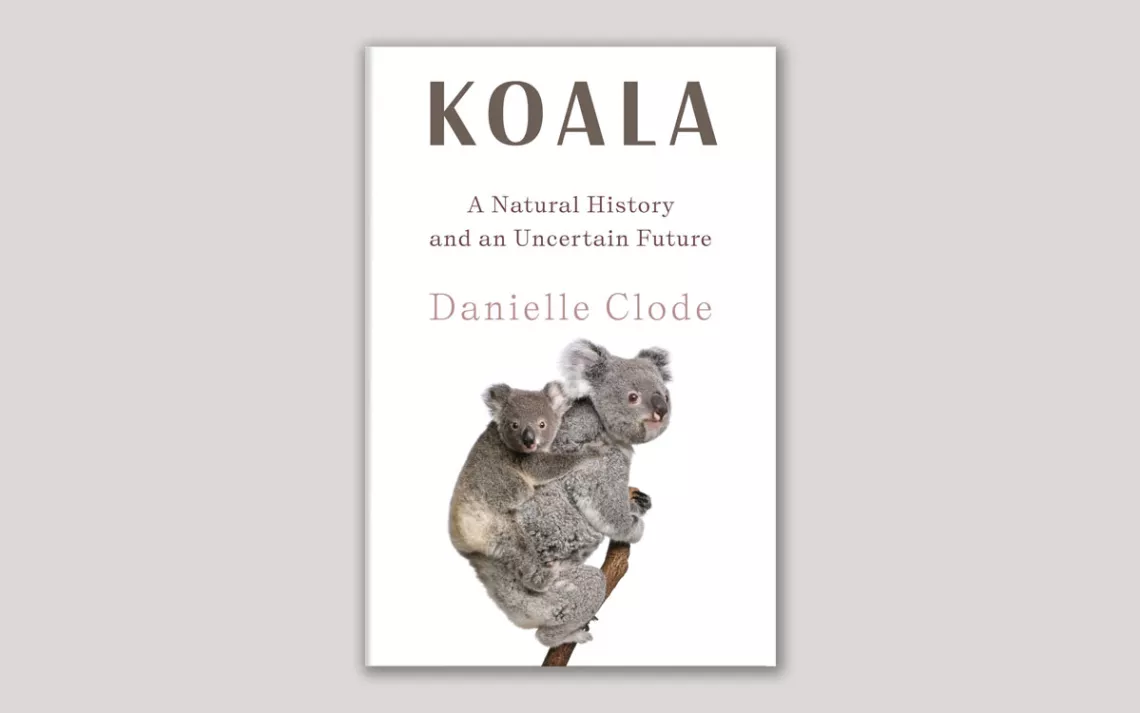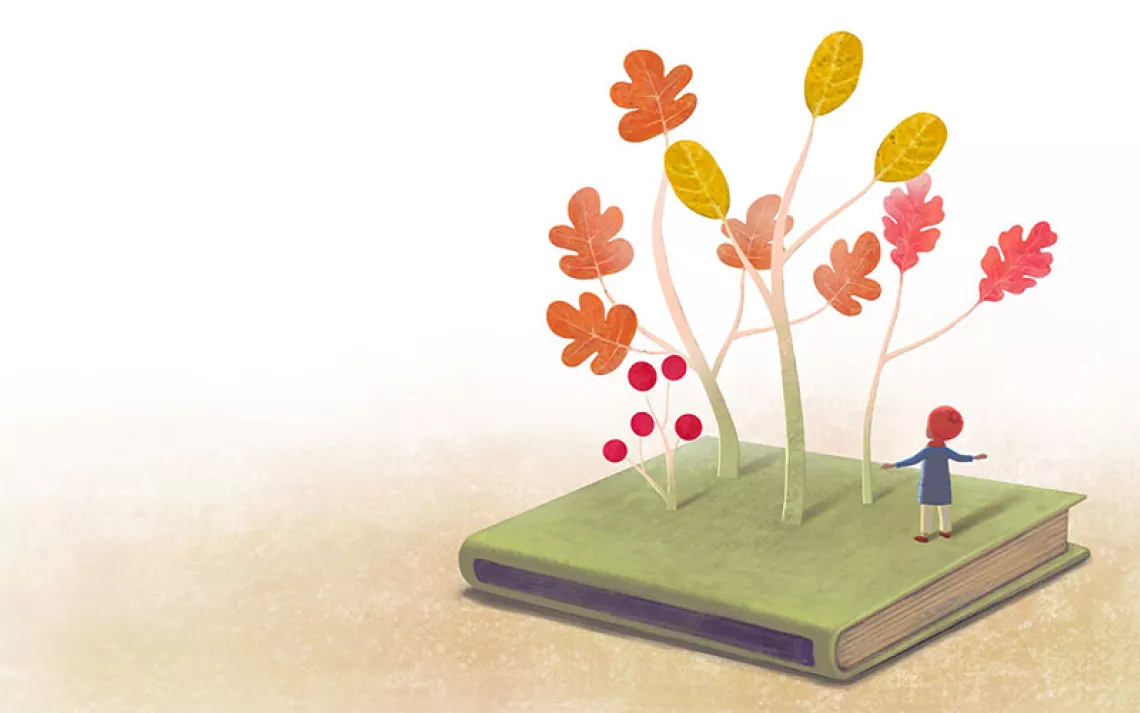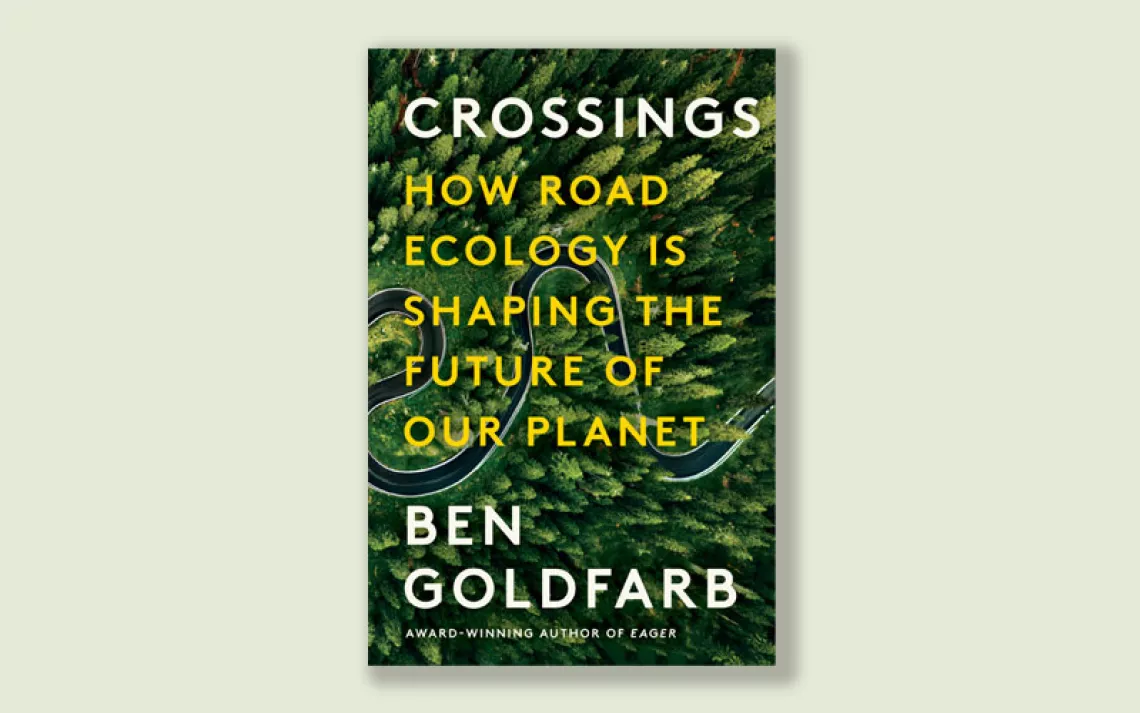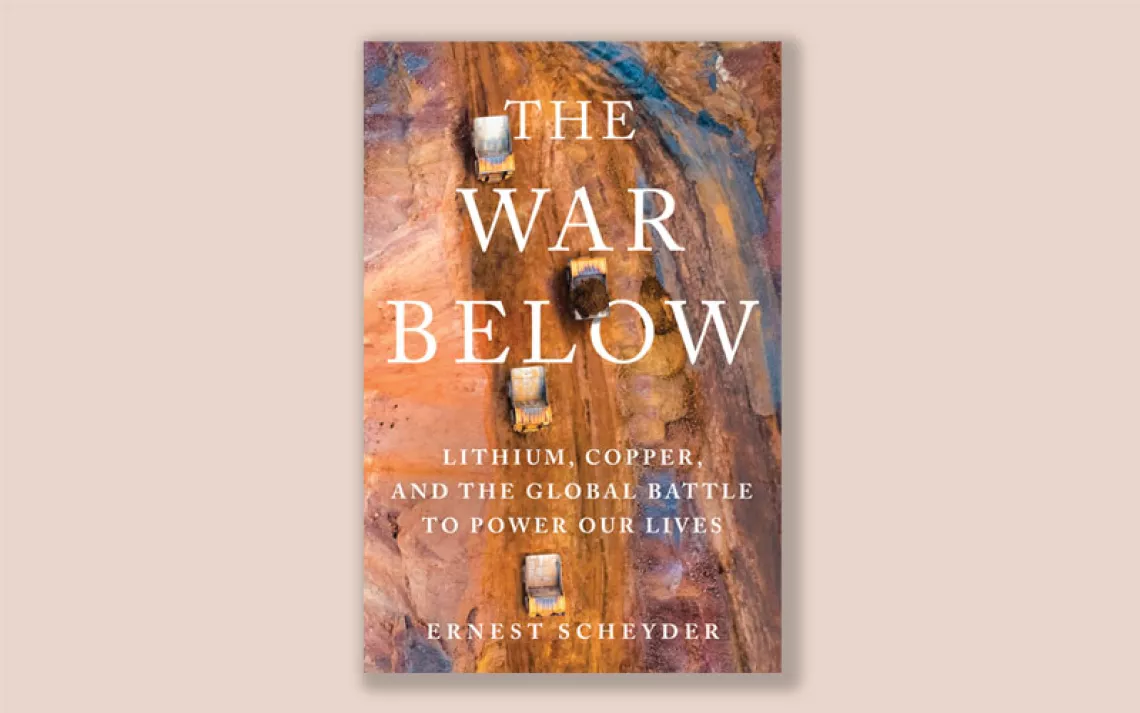There's More to Koalas Than You Think
Danielle Clode's new book takes us deep into the lives of these much-beloved animals

In 1938, an Australian wildlife biologist named Ellis Troughton declared that "ultimate extinction awaits" koalas owing to their gentle nature and highly specialized diet. Since then, koala populations have ebbed and flowed, dwindling in the koala's traditional range of eastern Australia but expanding in the south.
These much-beloved animals have fascinated researchers and wildlife managers for decades, but the information they've gleaned hasn't made its way to a general adult audience, writes Australian-born biologist Danielle Clode in her latest book, Koala: A Natural History and an Uncertain Future (W.W. Norton, 2023).
With Koala, Clode fills that void, and in doing so offers up some little-known facts: about predatory ancestors like the Thylacoleo carnifex, the distinctions between regional populations, and the difficulties of rearing joeys. Clode interviews paleontologists and zookeepers to gain insights into these charismatic critters. "What makes them do so well in some places and so poorly in others?" Clode wonders. "What do koalas need to maintain a healthy and robust population in all parts of their range? What are we doing wrong?"
Throughout, Clode answers these questions while walking readers through the koala's complicated history: The animals befuddled early Western explorers, were exploited for their fur by settlers, and were driven from their homes by human development. Despite these setbacks, koalas remain. Conservation efforts have ushered in a wave of habitat restoration projects, intense rescue operations during megafires, and even breeding programs around the world.
In the end, Clode takes on the koalas' cause personally by planting red and manna gum trees—their favorites—in her garden, adding to the blue gums that already grow. While no species' future is secure, Clode leaves readers with the feeling that the outlook for koalas might not be as bad as Troughton once thought.
 The Magazine of The Sierra Club
The Magazine of The Sierra Club







